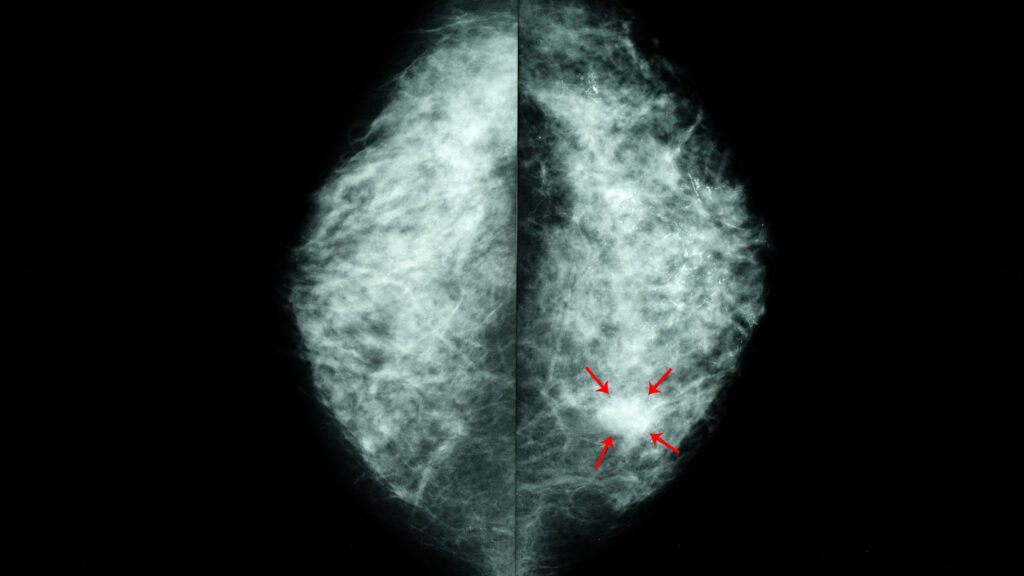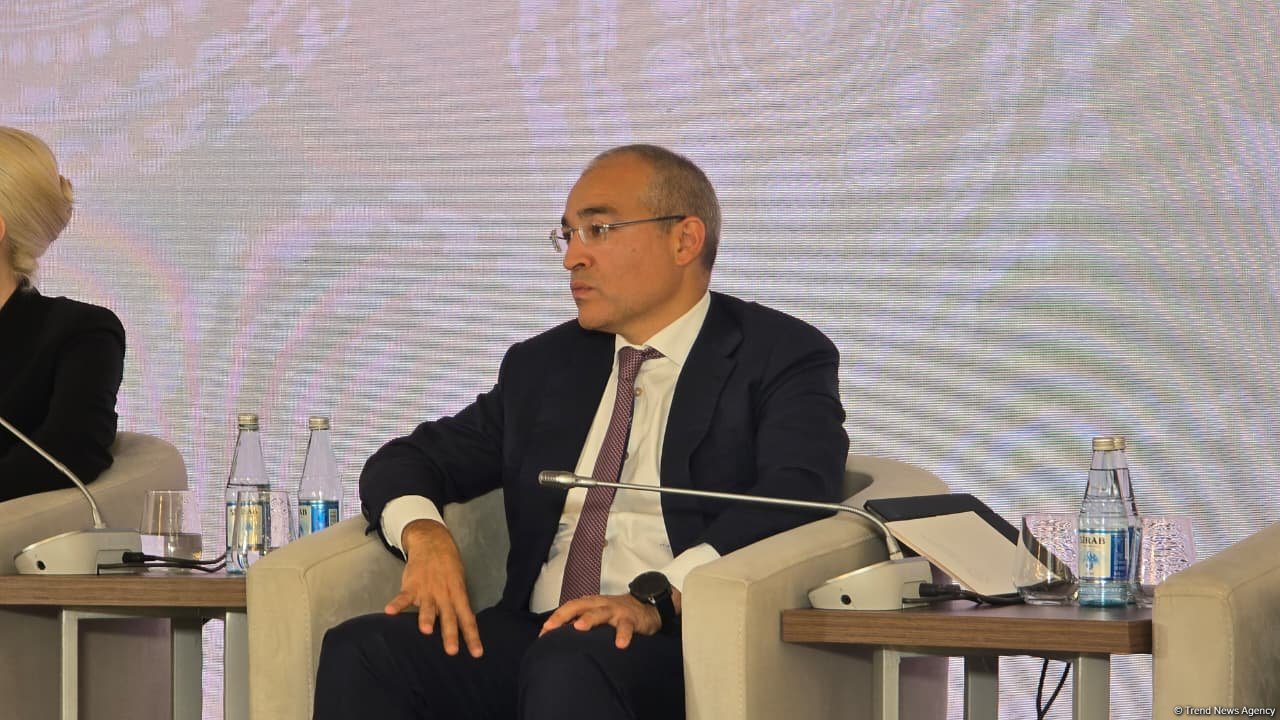
Researchers at medical centers around the country announced Tuesday the first large-scale randomized controlled trial of artificial intelligence for screening mammography in the United States. The $16 million, seven-site study stands to fill a significant gap in the evidence base for a technology that’s already applied to millions of mammograms every year.
AI-assisted mammograms are becoming more common in some breast imaging practices even as clinicians struggle to understand their impact on patients. Prospective trials conducted in Europe have suggested that AI tools can increase cancer detection rates. But those results can’t be easily extrapolated to the U.S., where mammograms are typically read by a single radiologist instead of Europe’s two-radiologist standard, leaving some imaging specialists skeptical of the technology or unsure of how to best use it.
Advertisement
“Companies are pushing hard to incorporate AI into practice,” said Diana Miglioretti, co-lead of the U.S. Breast Cancer Surveillance Consortium, who will lead the trial’s data coordinating center at UC Davis Health. But most evidence for the tools is based on “artificial settings,” she said, where results don’t impact women directly.



